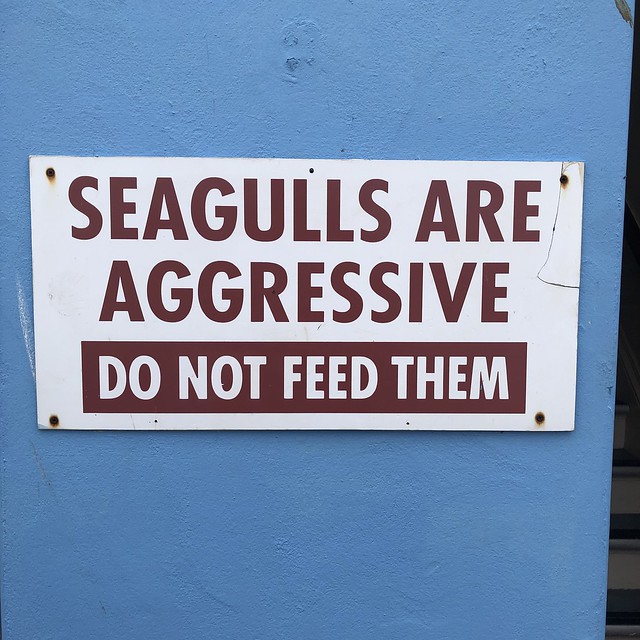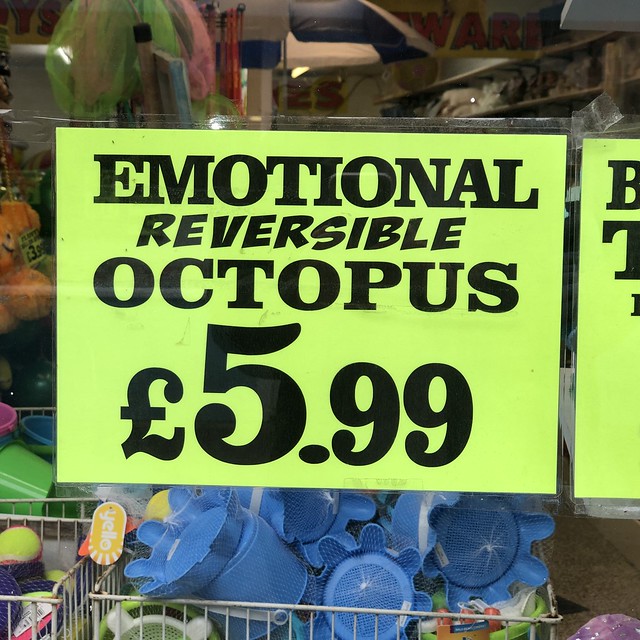Lecture by Mary Cappello was the best book I discovered when writing mine.
Sadly it was a bit late in the process, so it's not in there a lot. But it's so good.
"Now the human voice is an instrument of varied power; it can enchant and it can soothe; it can rage and it can despair; but when it lectures it almost always bores"
"Midway between a sermon and a bedtime story, the lecture is knowledge’s dramatic form."
"In a 2013 interview for Jezebel, Anne Carson said, 'I’m really trying to make people’s minds move, you know, which is not something they’re naturally inclined to do … We have a kind of inertia, sitting and listening. But it’s really important to get somehow into the mind and make it move somewhere it has never moved before … Given whatever material we’re going to talk about, and we all know what it is, how can we move within it in a way we’ve never moved before, mentally?'"
"Aphorisms slow us down, and don’t wish to be consumed like advertising copy or slogans that tell us which way the wind blows and how to follow it. When twentieth century readers reduce Emerson’s lectures to quotable quotes along the order of daily affirmations or bon mots, memorable one-liners, decked out in needlepoint or plastered onto calendars, they inadvertently negate that most famous one—“to be great is to be misunderstood,” effectively neutralizing the dissonance at the heart of the lecture and the essay."
"When James Baldwin or Gilles Deleuze answer interview questions, it is not quite accurate to say that they reply “articulately”—it’s not that they are eloquent merely—it’s that they respond in essays, performative essays."
"The PechaKucha as contemporary innovative lecture claims to really condense the Power Point presentation, to insist on focus, but I think it confuses focus with speed."
"When I gave readings from a book on “awkwardness,” I used to build a performative silence into my opening remarks. When you do this, at first people think that you’re having a breakdown and act alarmed. The silence, which last a few beats, feels to the audience like an hour. What you are after, of course, is a breakthrough—a jolt born of disarming quiet to cut through the static and the noise."
"In the lecture, speech meets writing rather than serve as its passive or inert delivery system."
"Lecture: one person is required to think on her feet while all others are expected to think in their seat."
"The lecture will have succeeded, if, like the essay, it cannot be summarized, but only experienced."
"To lecture in the guise of the female body is always to risk attack, at best, and at worst, incomprehension—because we still have no way to figure intelligence in a female form, no way to picture a combination of startling truth and un-gendered beauty."

